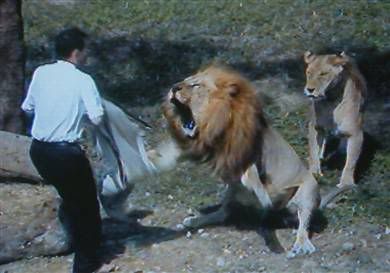
....
Let’s just say that today is “contrast day” – a day on which we contrast two statements to each other.
“In this context, Ratzinger’s concern that Tradition has been out flanked by technical rationality is in part derived from the principle found in A Rustow’s essay ‘Kulturtradition und Kulterkritik’ which was also adopted by Josef Pieper (1904-1997) in his Uber den Bergriff der Tradition that the quality of humanity which is lacking in animals is not intellect, which is in some sense shared by humans and animals, but Tradition, the possibility of passing on to others the product of the intellect and thus augmenting and enriching it as it is preserved from generation to generation.” “Ratzinger’s Faith” p 54 Tracey Rowland.
For those familiar with Rowland you will know we can by no means trust whether she has represented the views of others mentioned in this passage faithfully. But let us put that aside for a moment. Let us also put aside the sudden switch from talking about “technical rationality” at the start to “intellect” at the end. Let us not ask why if animals “in some sense have intellect” they cannot also “in some sense” pass on the product of their intellect (hint: the answer might be they don’t have intellect at all). Also let us not ask what the power is that allows us to accumulate and pass on Tradition and thus would be the true demarcation point (hint: the answer might be “intellect” which would take us back to the beginning). And finally, certainly do not ask if the word “intellect” in its proper Thomistic philosophic sense has even been understood by the author in the first place, such that she can say animals “in some sense” have it.
Let’s just compare it to this other statement and leave it at that.
“But animal nature, however perfect, is far from representing the human being in its completeness, and is in truth but humanity's humble handmaid, made to serve and to obey. It is the mind, or reason, which is the predominant element in us who are human creatures; it is this which renders a human being human, and distinguishes him essentially from the brute. And on this very account - that man alone among the animal creation is endowed with reason - it must be within his right to possess things not merely for temporary and momentary use, as other living things do, but to have and to hold them in stable and permanent possession.”
Leo XIII Rerum Novarum (6)
....
No comments:
Post a Comment